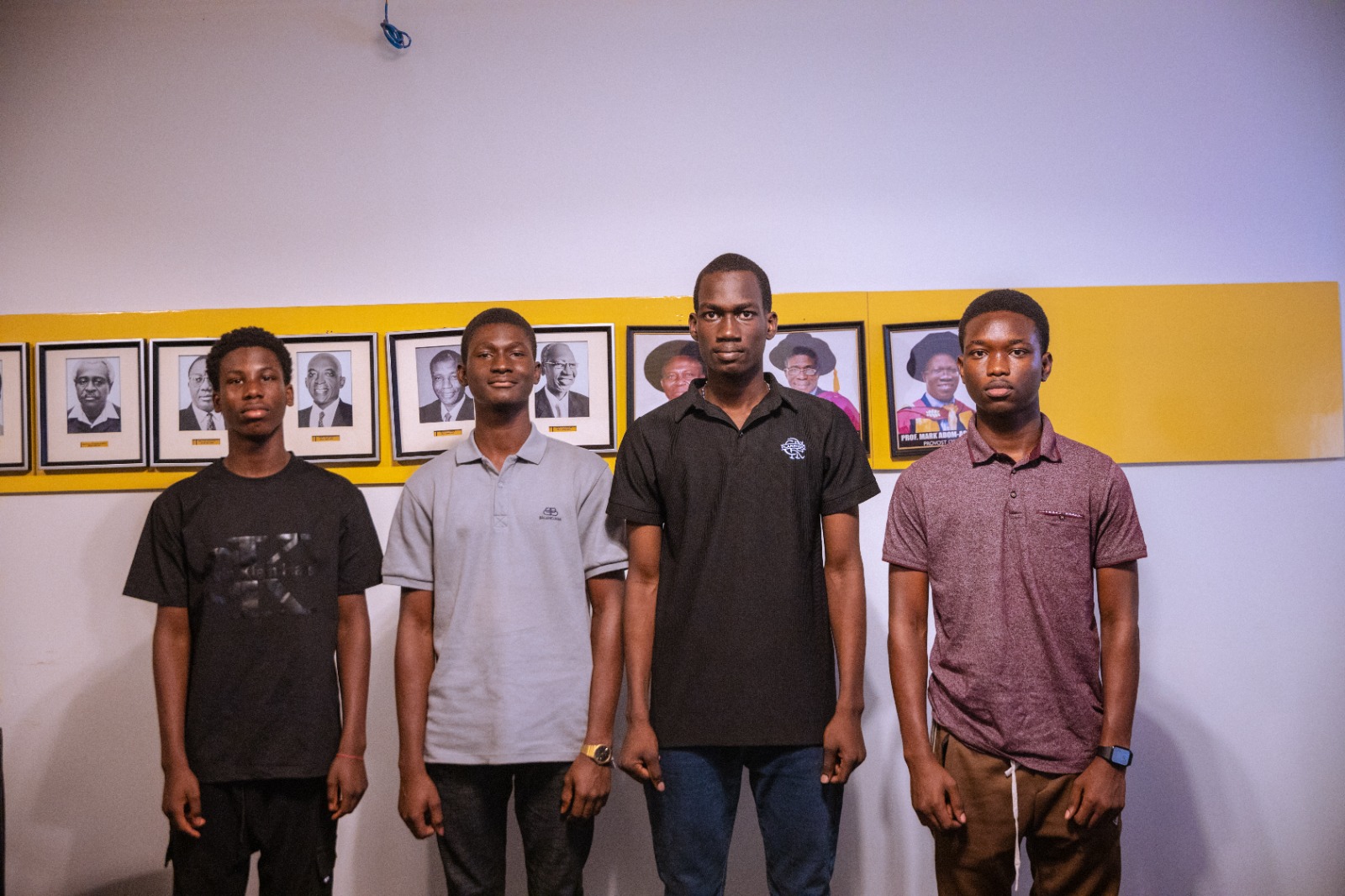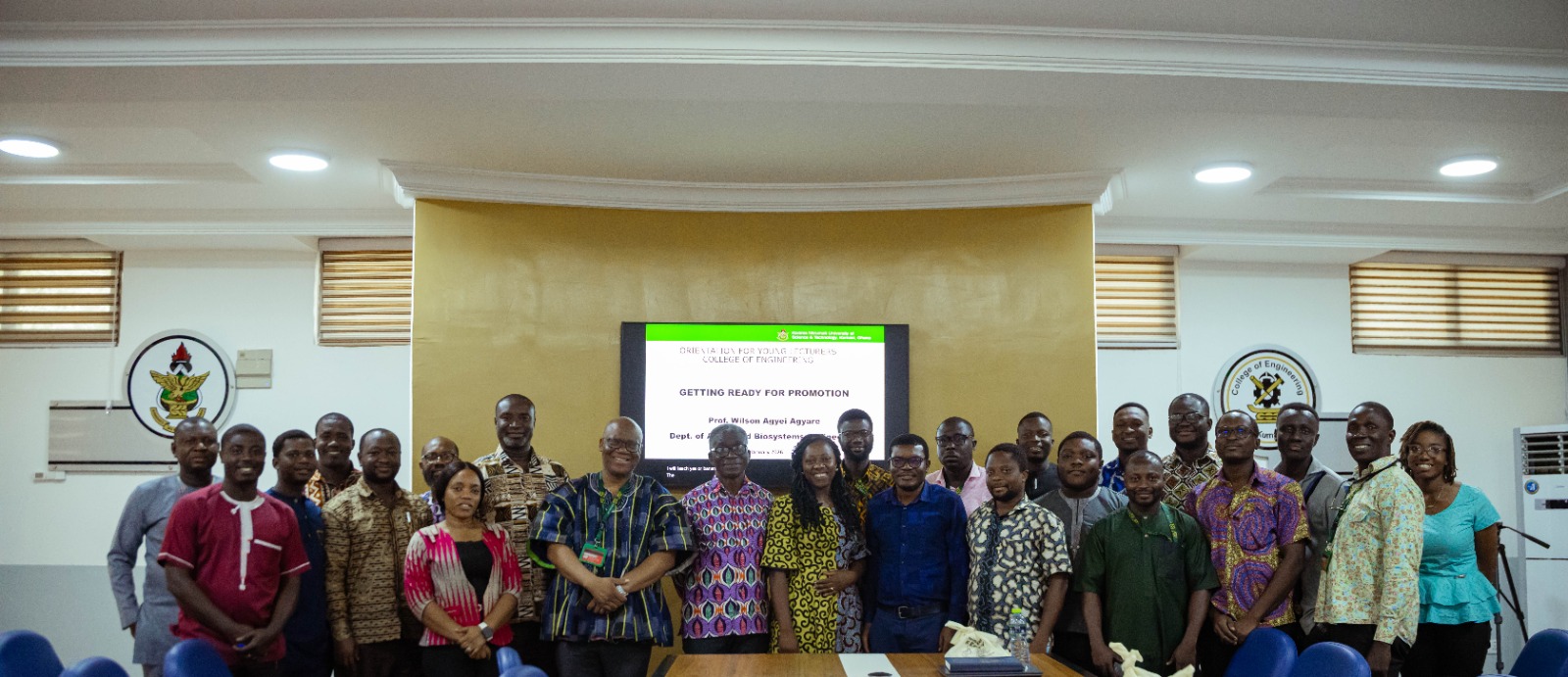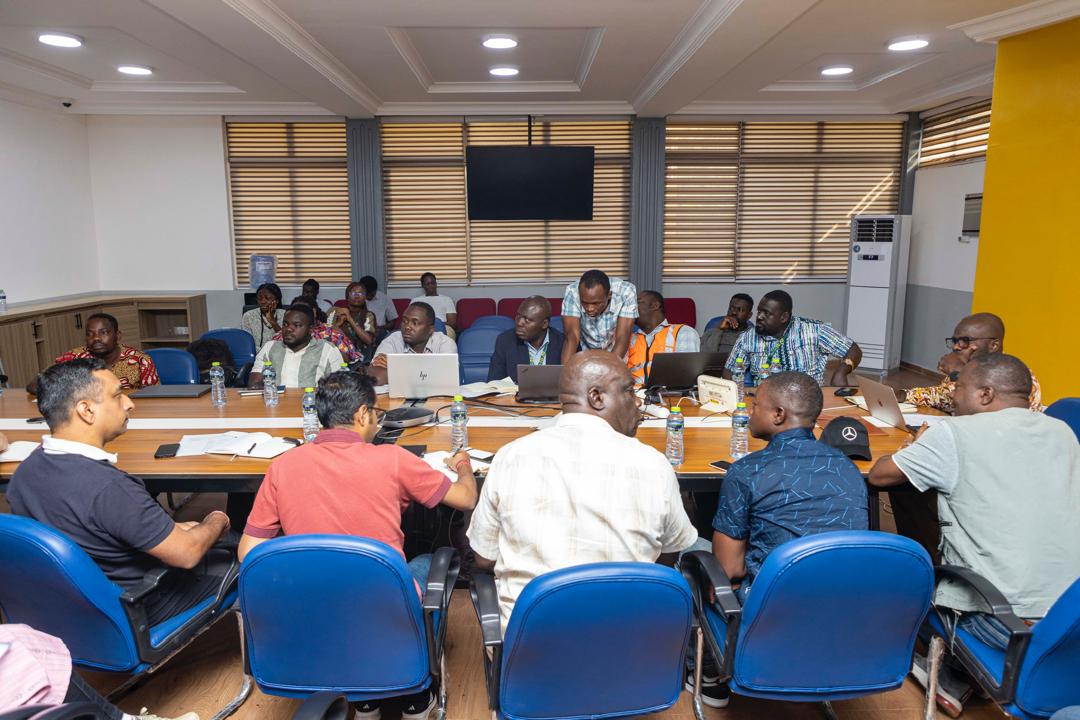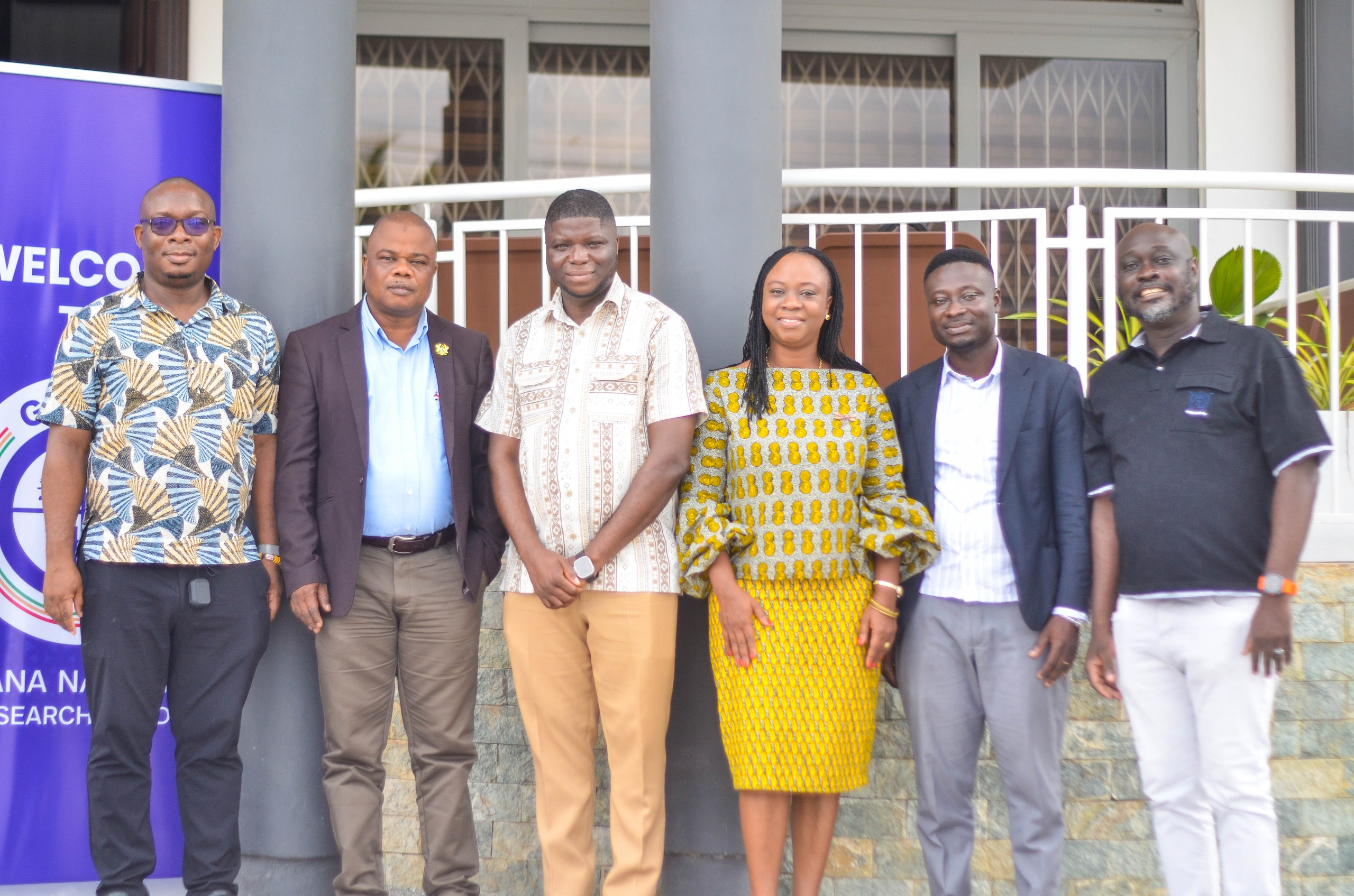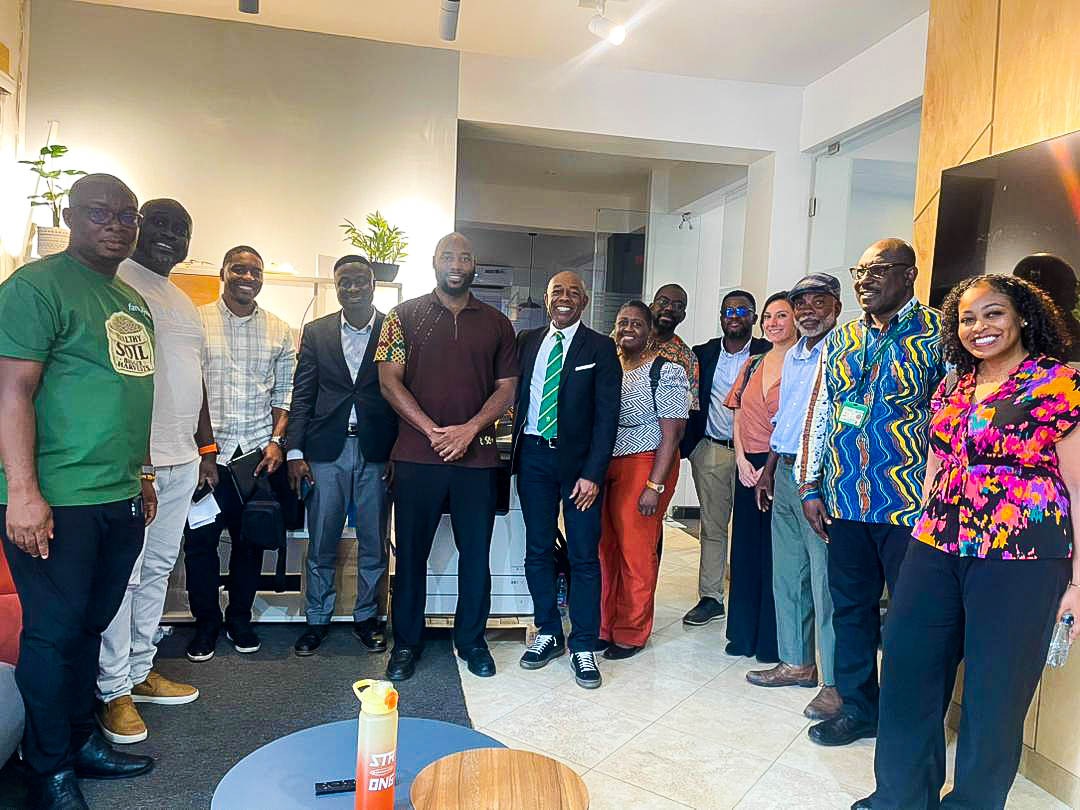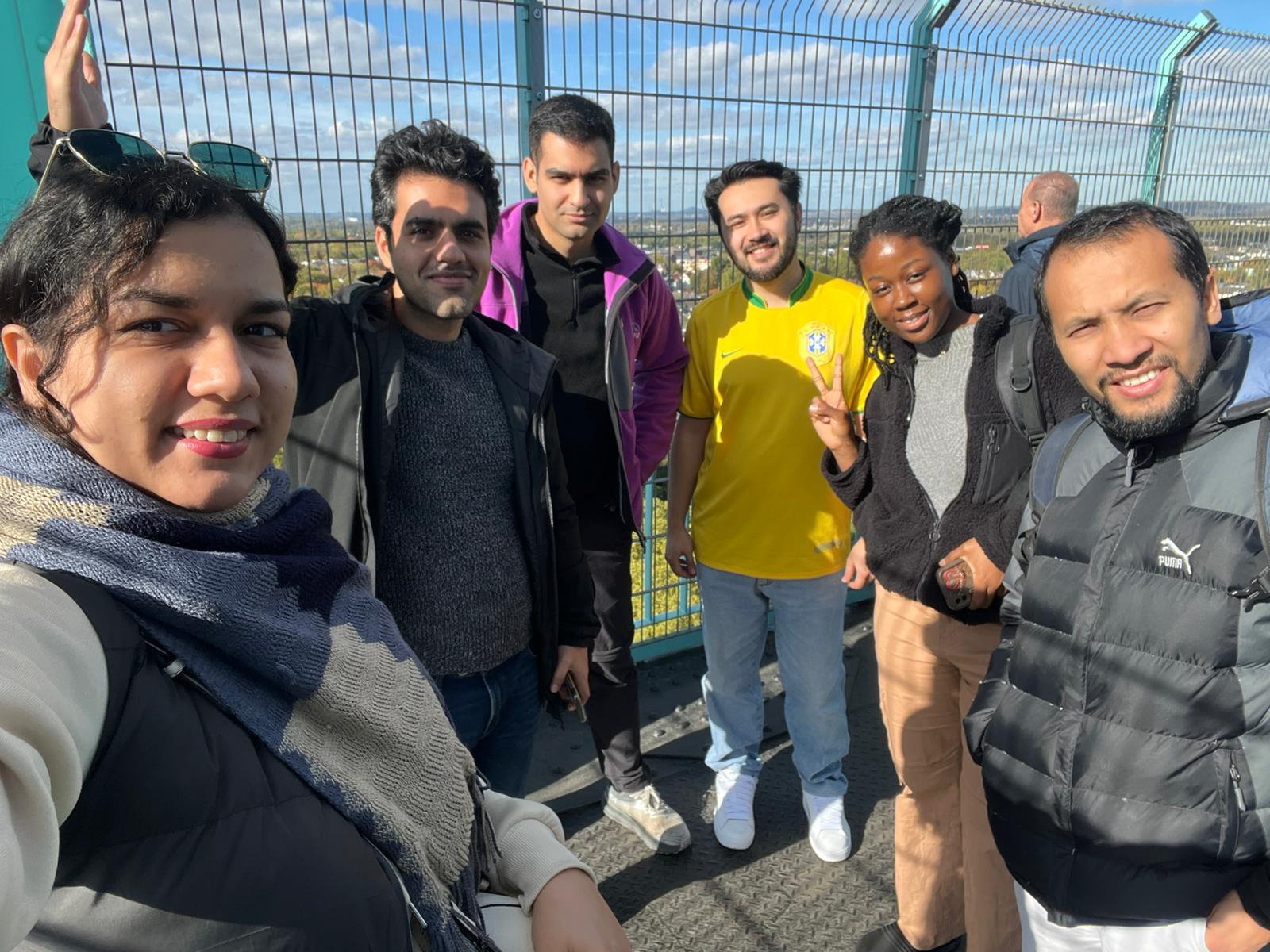Students from the Departments of Civil Engineering and Geological Engineering at Kwame Nkrumah University of Science and Technology (KNUST) have been given a practical introduction to rotary drilling techniques as part of their coursework in Geo technical Engineering.
The hands-on training aims to bridge the gap between theory and real-world application in geotechnical investigations.
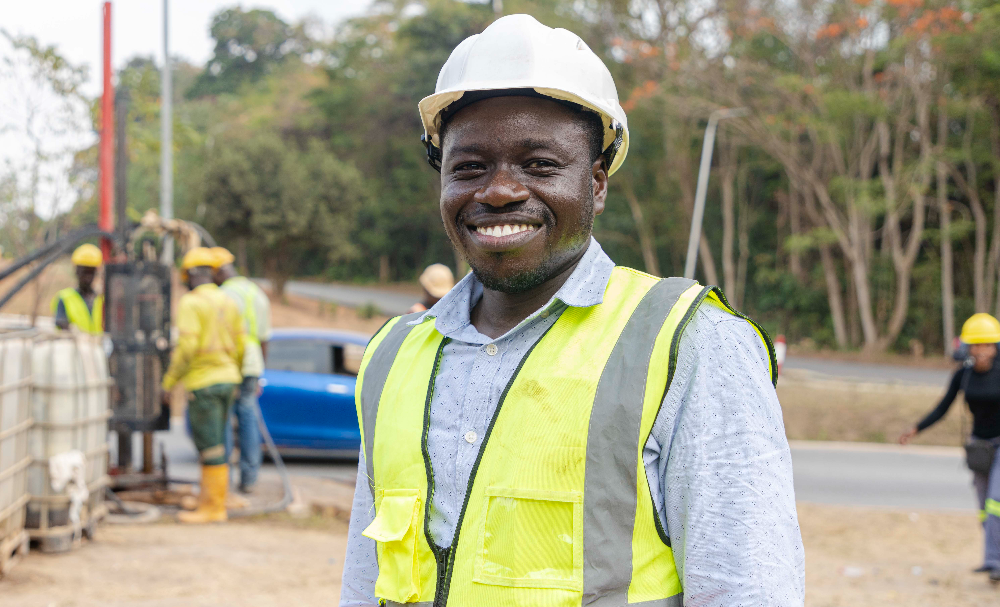
Dr. Felix Jojo Fianko Ayeh, a lecturer in Civil Engineering who led the demonstration, emphasised the importance of the exercise in preparing students for industry demands.
"This is part of the Civil Engineering course where students are required to conduct field demonstrations on site investigation techniques. We are performing rotary drilling, which involves drilling through rock to extract samples for testing. These tests help us determine material properties necessary for foundation design," he said.
He stressed that field exercises provide students with a more immersive learning experience than watching recorded videos online.
"When students are on-site, they get to see and feel the entire process. The real-life experience helps them better understand and describe what they are learning, unlike watching videos where they might not fully appreciate the technical aspects," he added.


Clifford Yeboah Jnr, a final-year Geological Engineering student, highlighted the environmental challenges posed by drilling.
"My main observation about rotary drilling is the noise—it creates a lot of noise pollution, which disrupts the environment. If there were ways to reduce this, it would be beneficial for the industry," he noted.

Osei George Yawel, a fourth-year Geological Engineering student, expressed his excitement about learning different drilling techniques.
"This is another method of drilling we are being introduced to. We’re learning how rock core samples are extracted from beneath the earth’s surface. It has given me insight into how geological structures are distributed and how mineralogy is demonstrated," he said.
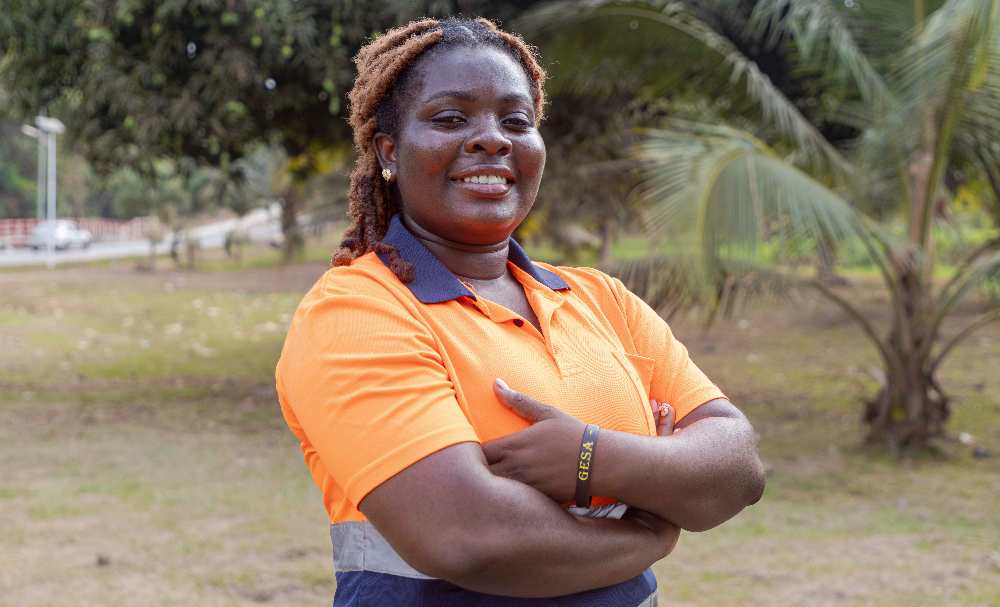
For Felicia Akosua Dankwaa Awuah, a final-year Geological Engineering student, this was her first exposure to rotary drilling. She emphasised its importance in geotechnical engineering.
"This experience has allowed me to determine key geotechnical parameters, which are crucial for designing stable structures. Understanding these parameters ensures that our engineering designs do not fail," she explained.




